Chisels, and How to Pare
Master the grip and stance before tackling joinery with a chisel.
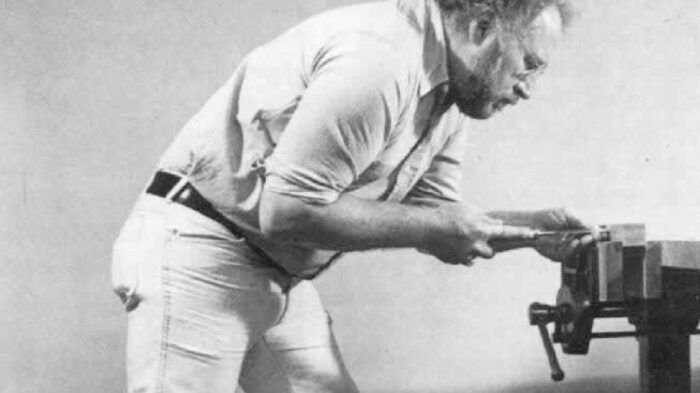
Synopsis: According to Ian J. Kirby, the first step in learning to work wood by hand is mastering the three basic cutting tools: the chisel, the plane, and the saw. Kirby illustrates ways to acquire skills by showing how to use chisels and strongly advises that woodworking students focus on mastering fundamental tool skills before attempting to make joints, let alone whole pieces of furniture. He explains and demonstrates horizontal paring, vertical paring, and how to use these techniques to make a through dovetail joint. He talks about learning the proper hand grip and stance and also covers chisel selection, blade lengths, and how Japanese chisels compare to Western ones.
The first step in learning to work wood by hand is mastering the three basic cutting tools: the chisel, the plane and the saw. Each tool requires its own hand grip and body stance for the most effective transmission of power to the cutting edge. The best way to acquire skill is to practice using each tool until the proper techniques become second nature. In this article, I’ll illustrate these concepts by showing how to use woodworking chisels.
I cannot overemphasize the importance of practicing fundamental tool skills before you attempt to make joints, let alone whole pieces of furniture. I constantly find beginning woodworkers who are struggling to learn some vital technique in the course of making furniture, with no attempt to develop and perfect their skills before the main event. The result will at best be a nondescript article of furniture that prominently features the scars of its maker’s struggle, and at worst it will be failure and disillusionment. Either way, it seems futile. On the other hand, once you have learned how to use the tools, making joints is a simple procedural application of those skills; making furniture is, in large part, the application of jointmaking skills. No manipulative skill is acquired without practice. The potter, the dentist, the athlete—indeed, anyone wanting motor skills—must practice, and practice hard. The woodworker is not exempt.
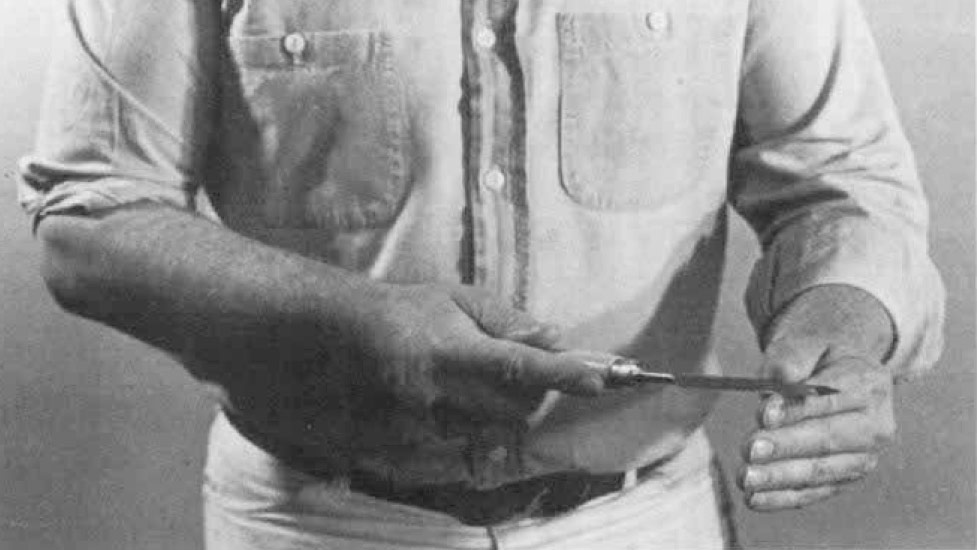
Fortunately, all of woodworking can be broken down neatly into a series of skill-development processes. In particular, total control of the chisel can and should be learned by diligently practicing horizontal and vertical paring, nothing else. The photo essay on pp. 72-75, therefore, proceeds first through horizontal paring, then vertical paring, and then shows the application of these techniques (plus sawing) to the through dovetail joint. I can only urge you to accept that it will be worth your while to practice with the chisel until you have mastered it before you spoil any good wood.
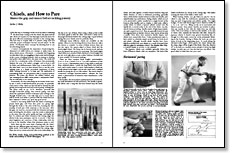 From Fine Woodworking #27
From Fine Woodworking #27
To view the entire article, please click the View PDF button below:
Fine Woodworking Recommended Products
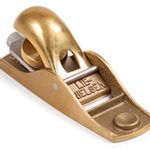
Lie-Nielsen No. 102 Low Angle Block Plane
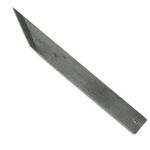
Marking knife: Hock Double-Bevel Violin Knife, 3/4 in.
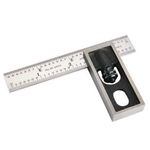
Starrett 4" Double Square
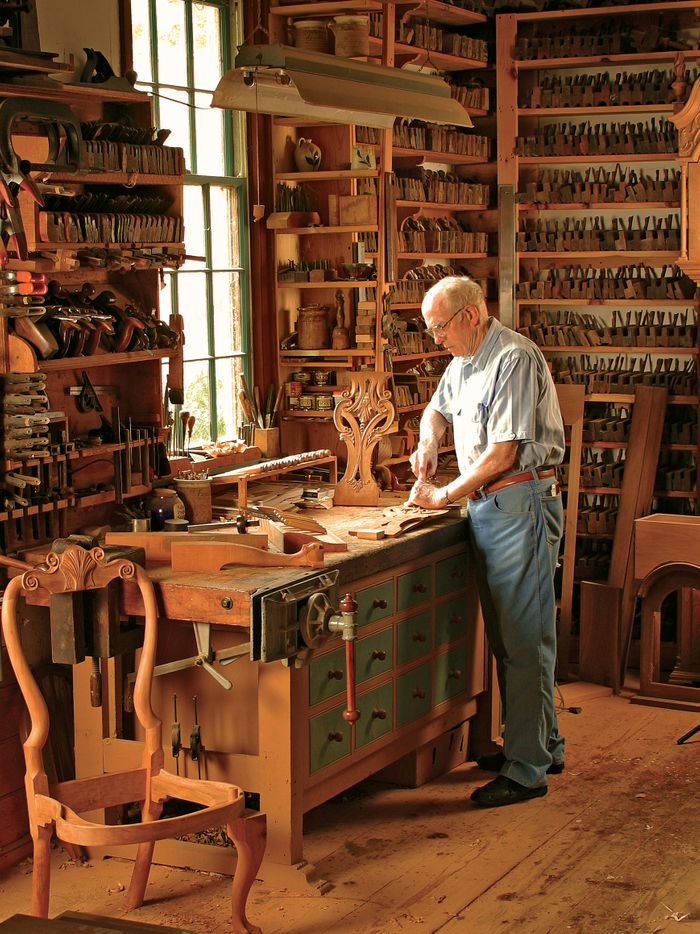






Log in or create an account to post a comment.
Sign up Log in